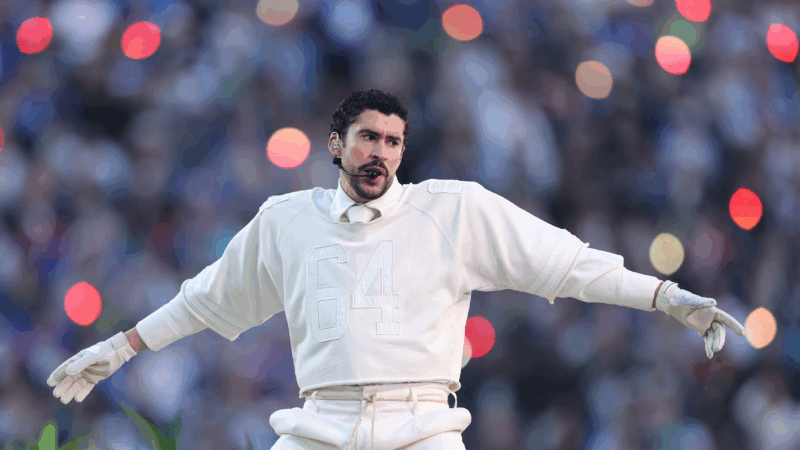In Birmingham, Debate Over Confederate Monuments Renewed After Charlottesville
First heard on NPR’s All Things Considered 8-17-2017
President Trump this week weighed in on the long-simmering debate over Confederate monuments. The president tweeted that he’s sad to see the history and culture of “…our great country being ripped apart with the removal of our beautiful statues and monuments.” He went on to say you can’t change history but you can learn from it.
That debate is playing out this week in Birmingham. Following the bloody white supremacist rally in Charlottesville, Virginia, Mayor William Bell decided to cover up one of the city’s Confederate monuments.
Earlier this year, the Alabama Legislature passed a law preventing any local government from removing, relocating or altering any historical monument. This came after a wave of southern cities began to take down Confederate statues following the racially-motivated killings at a Charleston, South Carolina church in 2015.
Birmingham has long wrestled with how to portray its past. In the 1950s and 60s, some of the bloodiest events of the Civil Rights era happened here. Mayor Bell ordered a Civil War monument to be covered up.
“It’s a monument to segregation. It’s a monument to human bondage. It’s a monument to sedition and the breakup of the United States of America,” Bell says.
The base of the memorial is now wrapped by a plywood barrier to hide the inscription honoring Confederate soldiers and sailors.
Birmingham resident Mark Davis was sitting next to the memorial in Linn Park. He says it should have been removed a long time ago — in a respectful way.
“It seems like people wanted to take offense at the whole heritage thing, but I think this is a whole different question now,” he says.
LaJoya Sanders and Tonya Jackson were strolling by. They say race is complicated in the South.
“We don’t see no color and people look at us like we’re crazy because I’m white and she’s black and we’re walking together,” Jackson says.
“We can’t move forward as a community, state, city, United States, nothing because of racism,” Sanders adds. “They keep trying to hold us back in the past. But they saying, ‘let’s move on’ Why hold on to the past then?”
“Can’t live in the future — living in the past,” Jackson says.
But this week, Alabama Attorney General Steve Marshall sued the city of Birmingham for covering up the Civil War monument. Speaking to reporters this week, he said it’s not about living in the future, or the the past. It’s that the mayor broke the law.
“This has nothing to do with the Confederacy, nothing to do with the long-term history of this particular monument itself,” Marshall says.
The private group ‘United Daughters of the Confederacy’ paid for the monument in 1905. Mayor Bell says he’d like to see the monument moved to a museum where it can be displayed with perspective and context.
“But not give it a place of prominence as something for us to be proud of, or waving over someone’s head that oh, we wish the good old days were here when people of my race were subjugated to Jim Crow laws,” he says.
Bell says this statue has no place in a public park, especially for a city whose majority population is African-American. The mayor welcomes the lawsuit and says it should be up to the city — not the state — to decide how to honor and remember its racial past.
Ilia Malinin’s Olympic backflip made history. But he’s not the first to do it
U.S. figure skating phenom Ilia Malinin did a backflip in his Olympic debut, and another the next day. The controversial move was banned from competition for decades until 2024.
‘Dizzy’ author recounts a decade of being marooned by chronic illness
Rachel Weaver worked for the Forest Service in Alaska where she scaled towering trees to study nature. But in 2006, she woke up and felt like she was being spun in a hurricane. Her memoir is Dizzy.
Bad Bunny makes Puerto Rico the home team in a vivid Super Bowl halftime show
The star filled his set with hits and familiar images from home, but also expanded his lens to make an argument about the place of Puerto Rico within a larger American context.
Japan’s Takaichi to pursue conservative agenda after election landslide
Japan's first female Prime Minister, Sanae Takaichi, brought the ruling Liberal Democratic Party its biggest-ever electoral victory, fueling her ambitions to pursue to a political agenda which she says could "split public opinion."
Olympic COVID restrictions are gone, but some athletes are still self-quarantining
For most people, the pandemic days of masking are behind them. In certain corners of the Winter Olympics, though, things still look a lot like they did in COVID times. Some athletes are taking extreme measures to stay healthy.
Mikaela Shiffrin has battled grief, PTSD and freak injury. Now come the Olympic Games
Shiffrin became a celebrity at 18 years old after becoming the youngest-ever skier to win Olympic slalom gold. Since then, she has faced grief, PTSD and freak injury — yet she is ready to bounce back.







